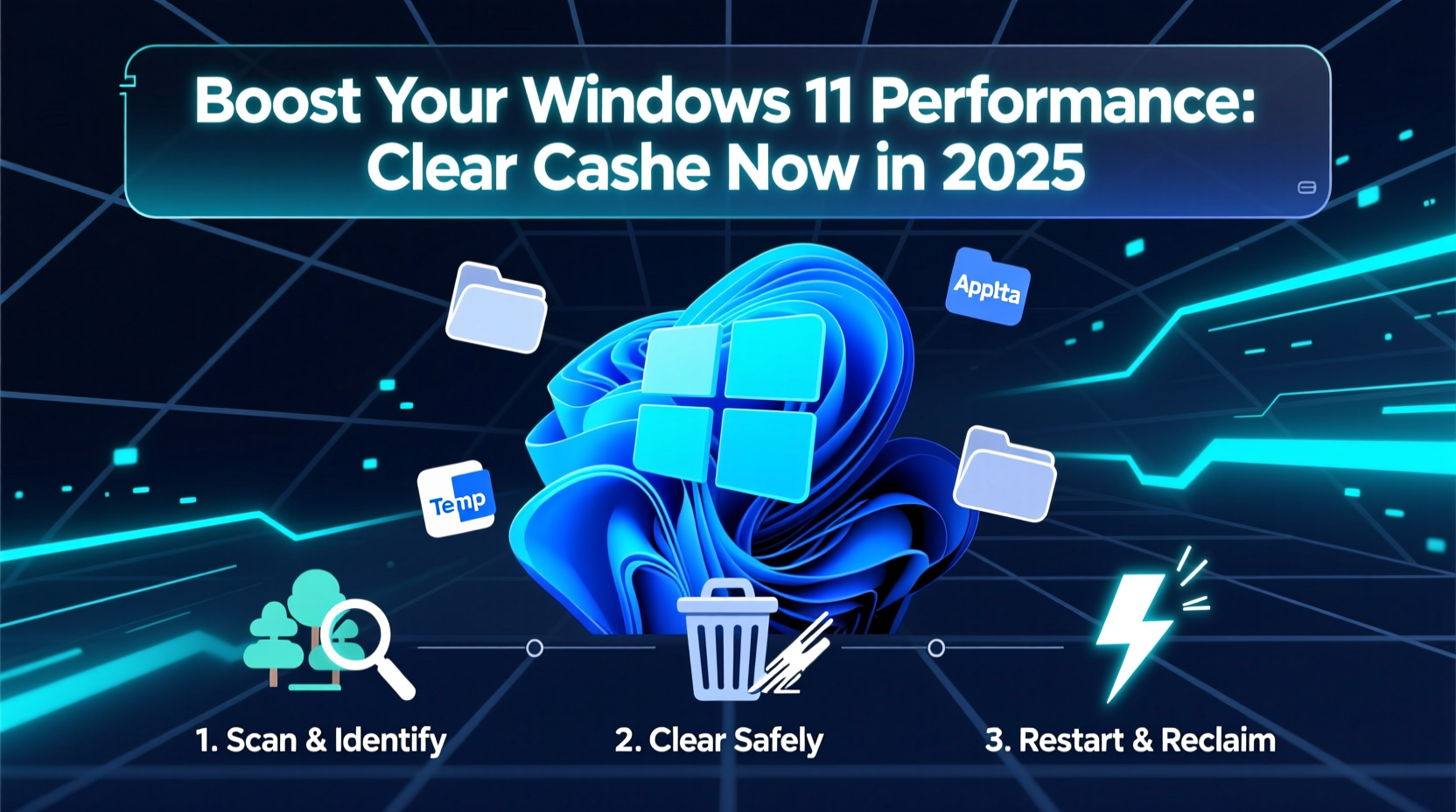The Importance of Regular System Maintenance
With the increasing use of digital devices in our daily lives, our computers often end up as cluttered as a packed storage room. With scattered files, unused applications, and hidden caches, they can operate at sluggish speeds, frustrating users. The solution is regular maintenance: clearing cache files, removing unused applications, and ensuring installations of the latest updates. These regular actions not only enhance performance but also prolong the lifespan of your device.
Keeping Windows Updated: A Fundamental Step
First and foremost, it's essential to ensure your Windows operating system is up-to-date. Each update that Microsoft releases can carry crucial performance improvements and security patches that shield your system against vulnerabilities. Regular updates act as a foundation for a smooth-operating system.
Using Built-in Windows Tools for Optimization
Optimization with Cleanup Recommendations
Windows 11 provides useful tools like Cleanup Recommendations, an excellent starting point for optimizing your device. It can identify and suggest the removal of unnecessary large files, unused applications, and obsolete system files. Here’s how to access it:
- Click the Start button > Settings
- Navigate to System > Storage
- Scroll down to "Cleanup recommendations" and review the suggestions
Before proceeding, ensure that important files aren’t mistakenly removed, especially those lurking in your Downloads folder. Usually, large files involve video clips and high-resolution images worth checking before deletion.
Reclamation of Space with Disk Cleanup Utility
Accessible across all Windows versions, the Disk Cleanup utility offers similar functionality with added simplicity. To start it:
Search "Disk Cleanup" in the search bar and select it once it appears. It will allow you to check boxes for file types you wish to erase. From temporary internet files to installation logs, a few gigabytes can be retrieved this way.
Advanced Cleanup Techniques
Clearing Location Cache
Your device may store data when synced with a new location, which can be safely deleted with these steps:
- Open the Start menu, then click "Settings"
- Go to "Privacy and Security"
- Locate "Location history" and click "Clear"
Speed Boost with DNS Cache Flushing
For slow internet connections, flushing your DNS cache can be a beneficial boost. Here's how to execute this:
- Press the Windows key + R to open the Run dialog box
- Type
ipconfig /flushdnsand hit Enter
Cultivating Good Habits for Optimal Performance
Optimizing Windows encompasses diligent file management. Frequent clean-up can preemptively save storage and improve system speed. Small utility checks might seem negligible, but they collectively maintain an efficiently running system.
Additional How-Tos for Enhanced Digital Life
Know How to:
- Securely download YouTube videos without cost
- Establish a wired network in a wireless environment
- Perform a secure personal data wipe on Windows laptops
- Connect a PS4 controller seamlessly to smartphones
| Task | Steps |
|---|---|
| Update Windows | Settings > Update & Security > Windows Update > Check for updates |
| Access Cleanup Recommendations | Settings > System > Storage > Cleanup recommendations |
| Utilize Disk Cleanup | Search "Disk Cleanup" > Check boxes > Ok |
| Clear Location Cache | Settings > Privacy & Security > Location History > Clear |
| Flush DNS Cache | Run > ipconfig /flushdns > Enter |











 浙公网安备
33010002000092号
浙公网安备
33010002000092号 浙B2-20120091-4
浙B2-20120091-4